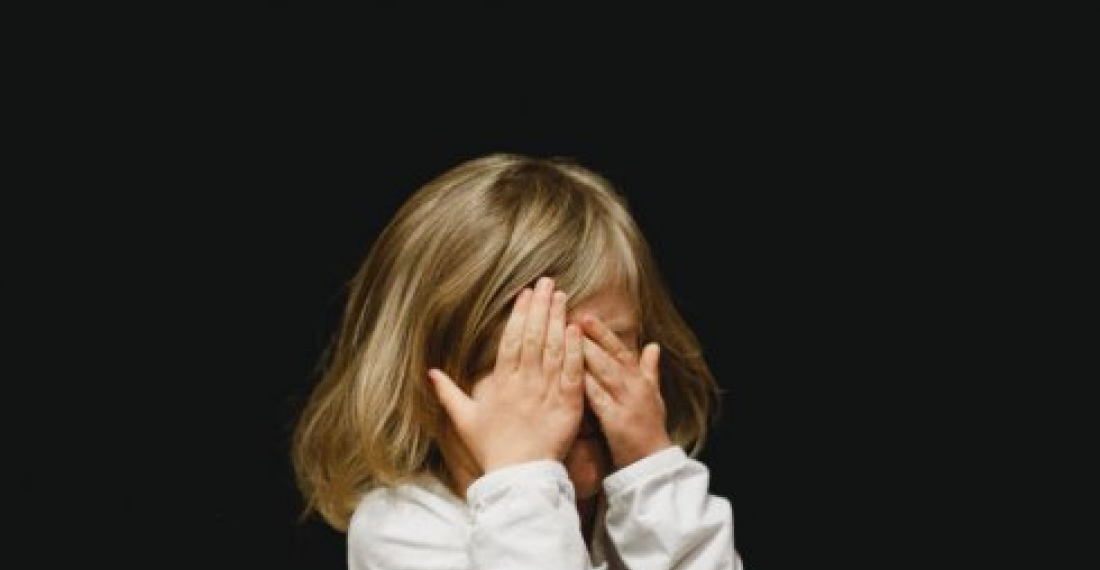As we all struggle with considerable change, it is important that we don't forget the youngest in our societies. In this article for commonspace.eu, William Murray brings together advice from some of the world's leading children's organisations about how to talk to children about the coronavirus.
The current crisis has demanded we hit the emergency brakes. That we abandon the normal pattern of our lives, cease non-essential activities, and embrace an uncertain and ambiguous future. It is a serious mental challenge for even the most resilient of us to comprehend. And so, whilst it has been reported that children are much less vulnerable to contract COVID-19, it is imperative that we acknowledge how confusing this period must be for them. With schools across Europe and Eurasia closing their doors for the foreseeable future, children are facing very similar life changes to the rest of us but are even less informed than we are.
In an effort to help parents explain to children what is going on, some of the world's leading children's organisations and experts have published several pieces of advice for parents and carers. Please find a few below:
- The Child Mind Institute has noted that 'kids worry more when they are kept in the dark'. In order to lower your child's anxiety, it strongly suggests not being scared to talk about the crisis with them. Among other thing, parents must reassure their children, focusing on the things that can do to stay safe, and keeping up a regular routine.
- UNICEF has suggested that guardians should approach addressing the virus in an age-appropriate manner. Whereas younger children will respond best to physical lessons about hand washing and social distancing, older children will be capable of comprehending viruses, how they spread, and more complex issues related to social stigmas and viruses.
- YoungPeople, the UK's leading mental health charity for children and young people, has published various pages about how to support your family's mental health in this period. Amongst other things, it places an emphasis on opportunities to get fresh air, staying in contact with other friends and family members, and retaining a good level of respect for each other.
- Jacqueline Sperling PhD, a clinical psychologist working with children, published a piece on the Harvard Health Publishing website about how to speak to your child about the virus. She emphasises that it is important to strike a good balance between providing enough information to your child whilst avoiding feeding their anxiety.
Source: This short article was prepared by William Murray for commonspace.eu. It is part of our series of public service announcements aimed at helping our readers deal with issues related to the coronavirus pandemic and its effects.
Featured references:
Child Mind Institute - 'Talking to Kids About the Coronavirus': https://childmind.org/article/talking-to-kids-about-the-coronavirus/
UNICEF - 'How teachers can talk to children about coronavirus disease (COVID-19)': www.unicef.org/coronavirus/how-teachers-can-talk-children-about-coronavirus-disease-covid-19/
YoungPeople - 'Supporting your family's wellbeing during isolation': https://youngminds.org.uk/blog/supporting-your-family-s-wellbeing-during-isolation/
Jacqueline Sperling PhD, Harvard Health Publishing - 'How to talk to children about the coronavirus': https://www.health.harvard.edu/blog/how-to-talk-to-children-about-the-coronavirus-2020030719111







